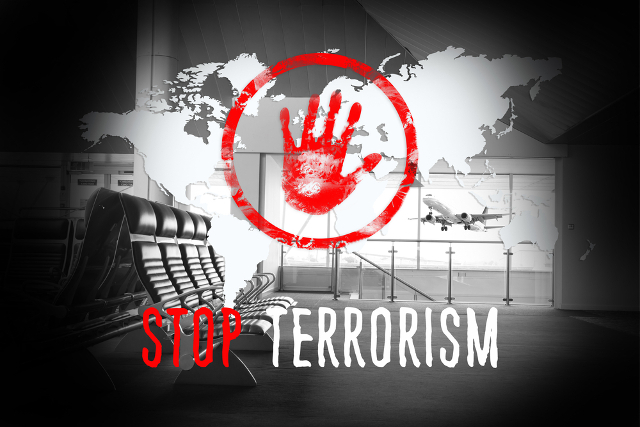Terrorism is a daily threat to our
freedoms. It is unfortunate, as we used to be able to go throughout our
days without the thought of violence. Now, it dominates the news. Heck,
when I am in Penn Station in NYC, I see soldiers with machine guns.
Sigh.
Unfortunately, terrorists thrive on the
internet too. Using social media and video platforms like YouTube, these
evil-doers look to recruit new members while sharing propaganda. Today,
Google announces that it is partnering with some major players
— Facebook, Microsoft, and Twitter — to fight online terrorism with a
special database. The partners will look to protect user privacy in the
process.
“Starting today, we commit to the
creation of a shared industry database of ‘hashes’ — unique digital
‘fingerprints’ — for violent terrorist imagery or terrorist recruitment
videos or images that we have removed from our services. By sharing this
information with each other, we may use the shared hashes to help
identify potential terrorist content on our respective hosted consumer
platforms. We hope this collaboration will lead to greater efficiency as
we continue to enforce our policies to help curb the pressing global
issue of terrorist content online”, says Google.
The search giant further explains, “our
companies will begin sharing hashes of the most extreme and egregious
terrorist images and videos we have removed from our services — content
most likely to violate all of our respective companies’ content
policies. Participating companies can add hashes of terrorist images or
videos that are identified on one of our platforms to the database.
Other participating companies can then use those hashes to identify such
content on their services, review against their respective policies and
definitions, and remove matching content as appropriate”.
This is actually a very cool project. It
reminds me of the time immediately after 9/11, when we discovered
government agencies were not properly aligned or openly communicating.
By opening the lines of communication and sharing information, the
agencies were much more effective. Here, we see major online companies
in the private sector voluntarily sharing information to better fight
terrorism. I am very happy to see this being done proactively, and not
as a result of a catastrophe.
Of course, the web is much more than
Google, Facebook, Microsoft, and Twitter, but don’t worry — these
four are looking to bring other organizations into the fold too. This
will take time, however, as incorporating too many companies too fast
could prove disastrous — leaked information and such. Remember, a chain
is only as strong as its weakest link.
What do you think of this collaboration to fight terrorism? Tell me in the comments.












No comments:
Post a Comment